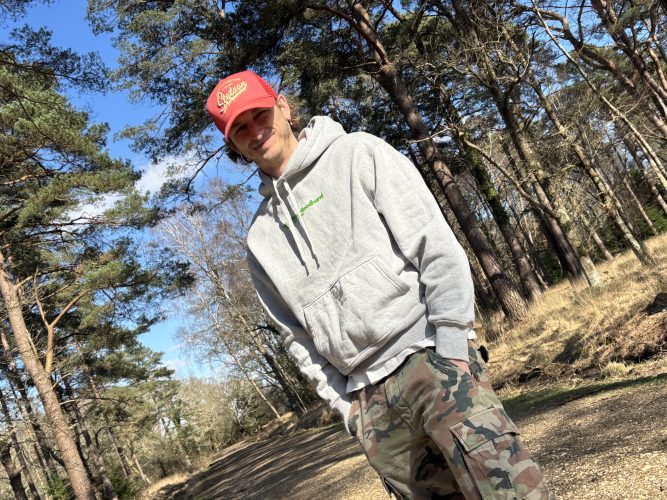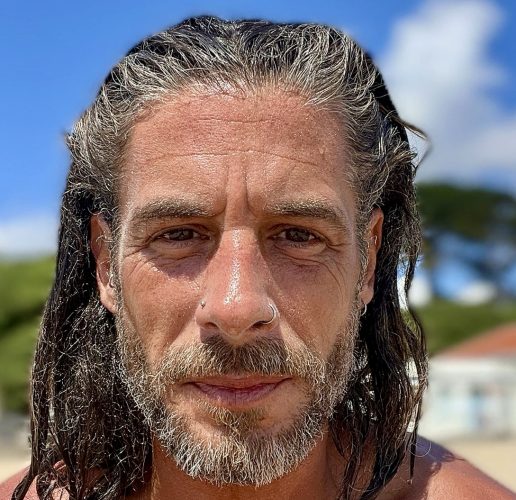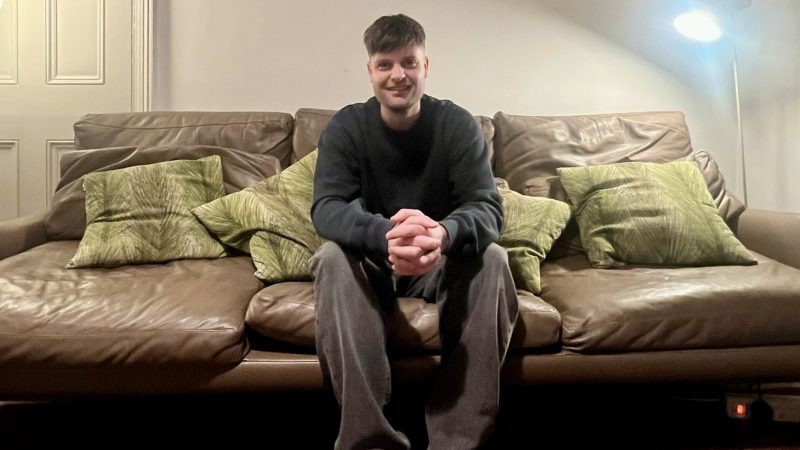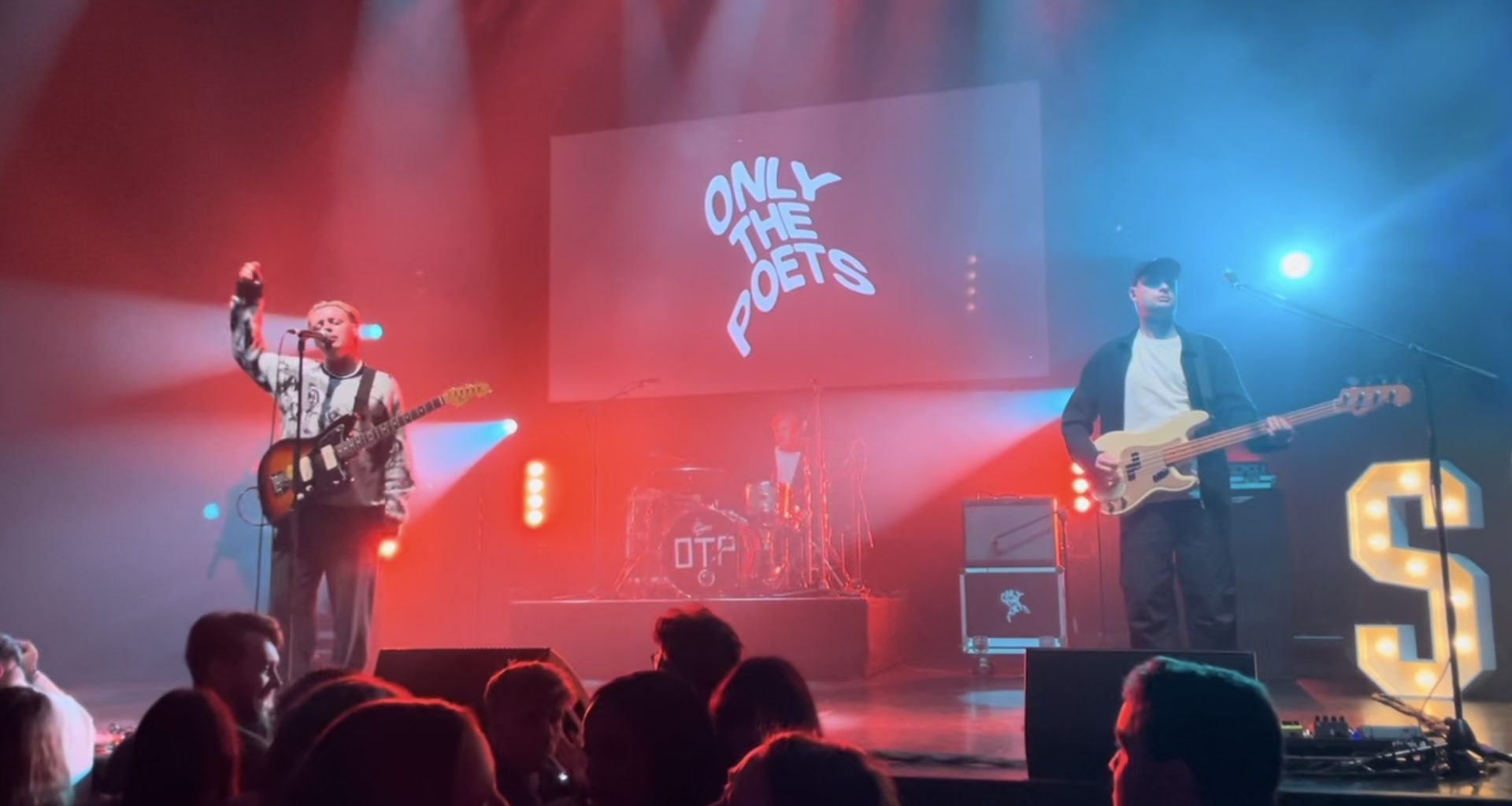Connor Roberts makes just enough from streaming royalties to cover his Spotify membership fee.
“I get like 40, 50, 60 quid at the end of the year, for however many thousand streams,” said the 31-year-old independent artist, who performs under the name Connor Jon. “It basically just pays for my membership.”

Roberts’s experience is a familiar one for musicians trying to earn a living from their recordings. As the global music industry reports record growth, many of its creators remain on the margins.
According to the Global Music Report 2025, the recorded music sector grew by 4.8 per cent in 2024, reaching a value of $29.6 billion. Subscription services were the main driver, increasing by 9.5 per cent to more than 752 million users worldwide. For the first time, income from streaming surpassed $20 billion — exceeding the total revenue of the entire recorded music industry between 2003 and 2020.
But many independent artists continue to face financial precarity and mental health struggles. For Joe Lynch, 45, music was once a lifeline.
“It took my mind off things. When I was playing drums, I wasn’t thinking about anything else,” he said. “I was quite shy as a kid and didn’t have much confidence, but the drums were perfect because I’d be at the back, I could hide behind them.”

A gifted drummer and the youngest member of the Hampshire Youth Band, Joe toured the US in his teens. But the pressures of performing and personal challenges led him into addiction. “When you play drums with a group of 30 to 40 musicians, it’s an amazing feeling. But I now realise I was a deeply troubled young man,” he said. “Drugs and drinks replaced the drums.”
Andy Burge, 27, bassist for indie band Only The Poets, now performs to sold-out crowds at venues including Wembley Arena and Shepherd’s Bush Empire. But his early years in music were shaped by financial sacrifice.
“In the early days, I’d get insured on my mum’s car and we’d just cover petrol,” he said. “We had a friend at university in every city we played, staying on their floor. We managed to do a whole tour, probably spending like fifty quid a day, living off Tesco meal deals.”
He spent a decade without seeing any income from music. “Imagine any other industry where you wouldn’t get paid for 10 years!” he said. “It’s a sacrifice. You have to give up everything — the stability of a steady job, a career. I gave that up to risk living my dream.”
Even now, financial stability feels fragile. “The bar is constantly moving,” he said. “We’re comfortable now, but you’re always on the edge of the wave crashing down.”
Grace Meadows, head of the charity Music Minds Matter, said this instability takes a toll. “It all comes with a lot of precarity,” she said. “You don’t necessarily know where your next job is coming from, how much you’ll earn, or what it will cost. Whether you’re on stage, behind it, or just left of it, there’s a lot of uncertainty.”
Independent artists are often forced to juggle multiple roles, Meadows said, acting as their own social media manager, financial adviser, accountant and lawyer. “They don’t have the resources for a team around them,” she said. “Whether you’re a producer, artist or songwriter, content is often seen as king. You need lots of skills, lots of drive, lots of entrepreneurship to build networks and stay relevant.”

Andy has seen the shift firsthand. “When we started, it was about music and playing good shows and making a great music video,” he said. “Now it’s about how good you are at social media and making TikToks. Being signed by a label now, it’s like, yeah the music’s great, but first we need a genius TikTok idea.”
Meadows said some pressures, like the always-on mentality of the industry, are unlikely to disappear. “There’s no magic light switch to turn the music industry off,” she said. “But can we better manage the environment to make it less negatively impactful on mental health?”
For many, music began as a vocation. A first love. As Joe works through recovery, that passion has returned. “My struggles with drugs and alcohol forced me to confront issues I might not have otherwise. You could say it was a wasted opportunity, a wasted talent — but I don’t choose to see it that way,” he said.
For both Andy and Connor, the sacrifices have been worth it. When not working as a carpenter or caring for his young daughter, Connor retreats to his homemade garden studio. There, music has become a form of therapy.
“The story is that we’ve been through all these struggles, sacrificing so much,” Andy said. “But we’d do it all again to get where we are now.”
Cover photo: Hannah Clubley








